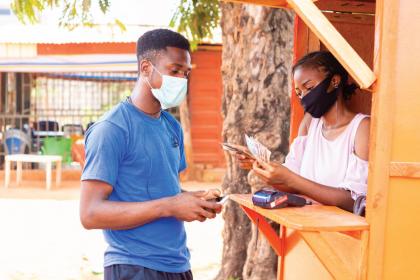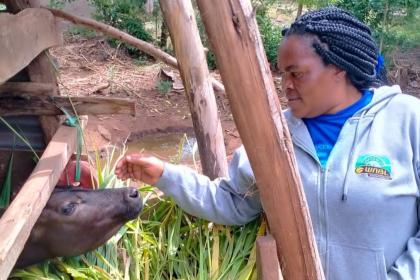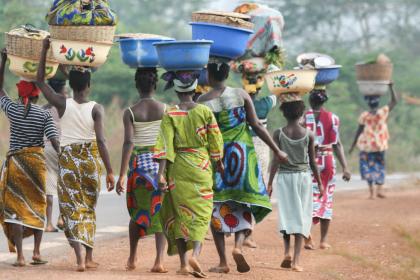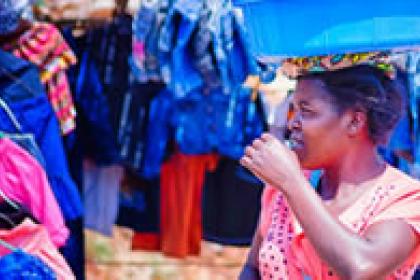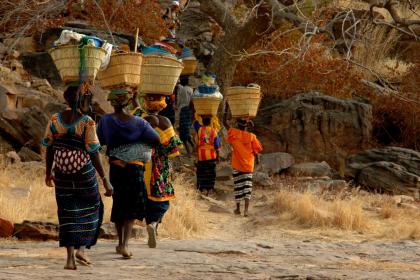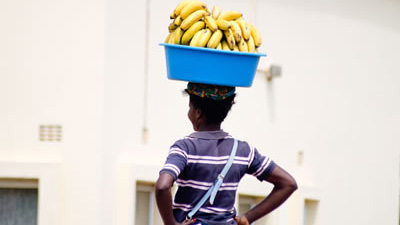Informal cross-border trade is trade between neighbouring countries conducted by vulnerable, small, unregistered traders. Typically, it is proximity trade involving the move of produce between markets close to the border.
The informality refers to the status of the trader (unregistered), not necessarily to the trade itself (captured or unrecorded by the official customs system). Informal cross-border trade has discrete gender impacts: in major cross-border posts within East Africa, women account for a high percentage of informal traders.
This female-intensive sector has broad poverty and development ramifications. It constitutes a vital source of employment and livelihood for the poor, in particular for low-income and low-skilled women, in border districts.
Furthermore, if properly supported, it can generate significant rural non-farm income and become a catalyst for value chain creation and support in rural areas. This benefit, in turn, can lower rural unemployment and slow rural-urban migration, while empowering women.
If these and other gender-specific constraints are effectively tackled, informal cross-border trade can turn into a vibrant micro-entrepreneurial reality with significant potential to help alleviate poverty, contribute to food security and empower women.
This project aims to tackle some of the gender-specific obstacles faced by informal cross-border traders in Malawi, the United Republic of Tanzania and Zambia.
By leveraging informal cross-border trade for the empowerment of women, poverty alleviation and peacebuilding, this project is linked to the greatest global challenge facing the world today: poverty eradication, security and socially inclusive development.
Through new analyses and capacity-building activities, the intervention tackles two issue areas:
- How to address the complexity and opacity of trade barriers to ICBT, in a context of multiple overlapping trade arrangements.
- How to accommodate the specificities of ICBT, especially women, when designing and implementing suitable supply side services that support cross-border trade flows.



